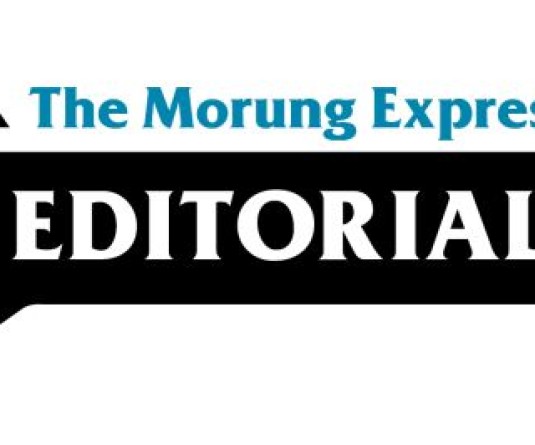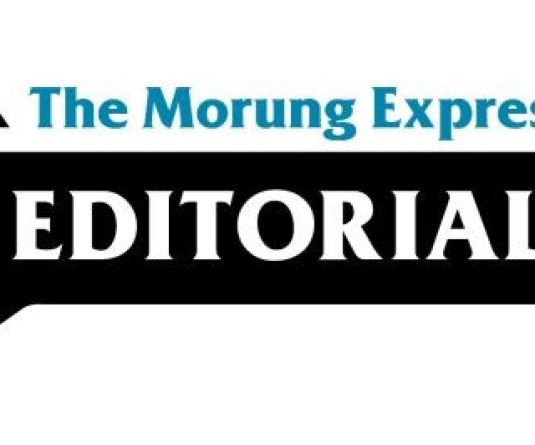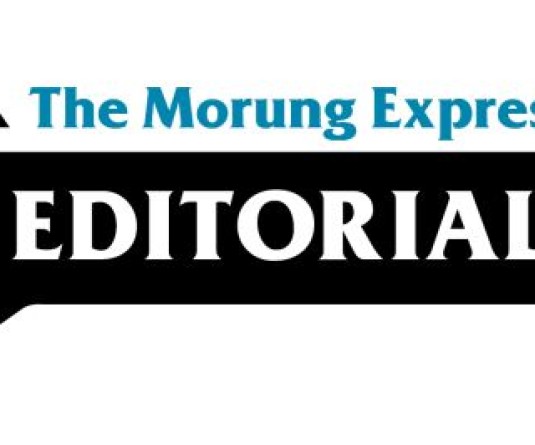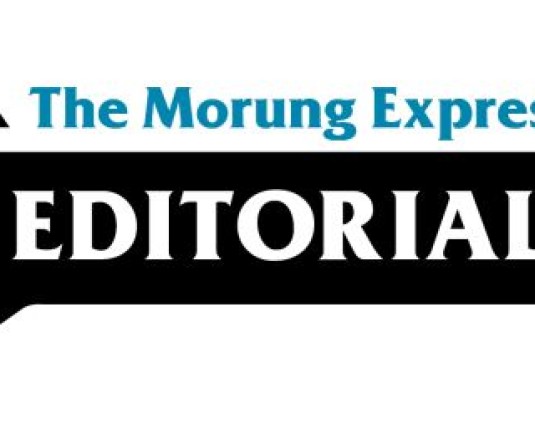
By Imlisanen Jamir
In a recent twist of events within our newsroom, a communiqué surfaced bearing a name long familiar—a name now shared by two voices. One, emerging from a newly minted source, clashed in identity with an established beacon, and in that brief moment, confusion reigned. This left editors scrambling to discern fact from confusion. This brief episode served not only as a curious anomaly but as a pointed reflection of a deeper malaise afflicting our public life.
The incident, though confined to the hectic pulse of a single office, mirrors a far more expansive predicament. In a society, where institutions are expected to offer steadfast guidance, the very instruments of authority have begun to fracture, their messages muddled by competing interests and self-serving recalibrations. This disjointed narrative, where symbols of unity are repurposed in the service of fleeting ambitions, reveals the corrosive effects of a culture increasingly dominated by shifting allegiances rather than shared ideals.
When the clear signal of leadership is replaced by a cacophony of ambiguous claims, the public finds itself adrift in a sea of uncertainty. The clash of competing voices does more than disrupt a moment of order—it erodes the very foundation of trust that binds communities together. What was once a promise of collective purpose now appears as a battleground for individual gain, leaving in its wake not just institutional disarray but a broader erosion of civic confidence. Such episodes, however isolated they might seem, serve as harbingers of a larger decay, where clarity is sacrificed at the altar of personal ambition.
The language of power, when wielded without a commitment to truth, becomes a tool of manipulation rather than enlightenment. In this environment, every new declaration, every sudden realignment of leadership, chips away at the public’s ability to discern fact from fiction. The air becomes thick with suspicion, and the very symbols that should inspire unity instead sow seeds of discord. This is not merely a failing of a single organization, but a reflection of a societal condition where the pursuit of power is often divorced from the responsibility that such power entails.
At its heart, the confusion spawned by these internal power plays underscores a pressing need for accountability and clarity. When those entrusted with the public’s trust blur the lines between loyalty and opportunism, the damage extends far beyond the immediate turmoil. It inflicts a lasting wound on the collective psyche—a wound that manifests in widespread disillusionment and a retreat into cynicism. In a world awash with rapid-fire information and conflicting narratives, the price of such internal strife is the gradual erosion of the very principles that underpin democratic engagement.
The call to action, then, is clear: to rebuild our institutions on the bedrock of transparent, unwavering leadership. We must demand that the language of power be restored to its rightful purpose—a means to enlighten and unify, not to obscure and divide. Only through a renewed commitment to truth and integrity can we hope to mend the fractures that threaten our communal bonds. In the face of such unsettling episodes, the path forward lies not in succumbing to the chaos of shifting allegiances but in forging a future defined by clarity, accountability, and an unwavering commitment to the common good.
Comments can be sent to imlisanenjamir@gmail.com






